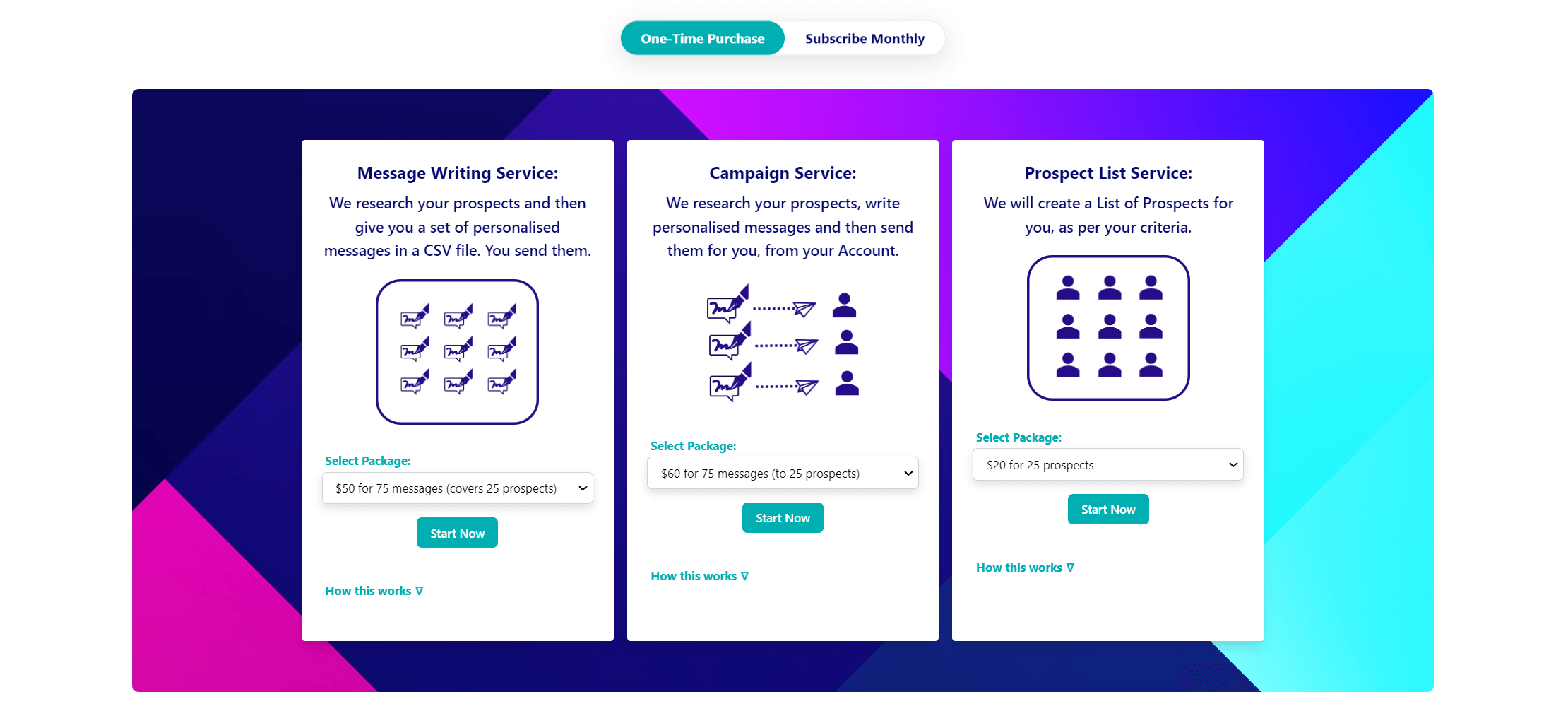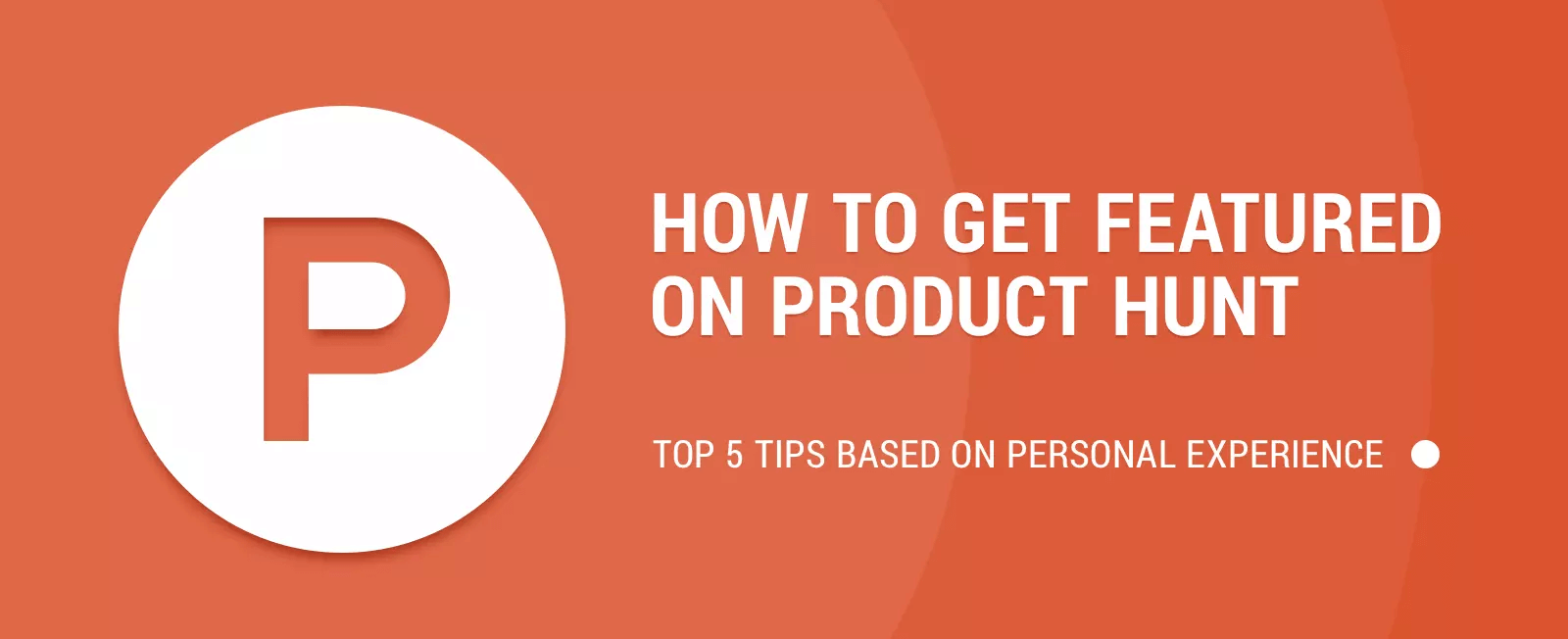The people building whole software companies on their own - how they do it, and why.

What is indie hacking?
A few months ago I was chatting with one of the smartest people I've ever met. Ex lawyer, ex investment banker, now serial entrepreneur with a majority stronghold in his primary industry in the middle east.
When I told him I was an indie hacker, he had no idea what I meant. How could this super smart, super connected, super successful businessman never have heard of Indie Hacking, I wondered?
He was fascinated by the concept - and in that moment I realised that this would be a question many other people might have, so here I am writing about it!
So what is indie hacking?
It's a method of building an online business, usually in the software space, without the help of any external capital - and usually as a solopreneur, although often with contract resources in support. That means that as the founder, you are responsible for sales, marketing, product development, operations, finances, and everything else - and on top of that, you're funding everything yourself - trying to build the business whilst in parallel also covering all of your own living expenses.
Why would anyone choose to be an indie hacker?
If that's what indie hacking is, it sounds like a literal ton of work and another literal ton of risk - and it is. So why would anyone choose to be an indie hacker?
Indie hackers typically have two main goals:
-
Business Autonomy
-
If you've ever had to execute on a decision made by your boss, or any senior, where you wouldn't have made that decision yourself, then you'll understand the value of Business Autonomy. If you disagree with how your employer runs aspects of the business, as one of many employees you often have to swallow your opinions and get on with things regardless. Indie hackers by definition don't have that problem. Finances, strategy, processes, product, people, geography - indie hackers maintain control over absolutely everything.
-
If you're an independent thinker with strong opinions about how things are done best, then this level of control is something you need in order to be able to both feel satisfied and also perform at your best.
-
-
Personal Flexibility
-
Whilst the world has opened up to remote work more than ever due to Covid, most employment contracts still stipulate things that can affect personal decisions like where you live and how much holiday you can take.
-
Equally, flexible working hour employment contracts are growing in number, but still impose constraints on how many hours or how many days, and which hours or days can be worked or taken off. Again, indie hackers do not have to worry about this.
-
If you have personal commitments outside of work (family, health, passion projects, hobbies, etc), or a strong personal desire to live in and explore different countries, then you need full flexibility to be able to support or achieve these things. You need to be able to decide what you do and where you are for every hour of every day.
-
The kind of people who are good at indie hacking
You can think of it as a trade-off. Total Business Autonomy and Full Personal Flexibility in return for a serious amount of grind and an often unappetising amount of risk.
There are only some types of people who would choose to make that trade. Generally they need the following traits:
- very self driven
- belief in high risk high reward
- highly independent thinkers
- strong determination to have specific lifestyle factors
But choosing to make this trade and be an indie hacker doesn't even necessarily mean you'll be successful at it. In fact, as in any entrepreneurial segment, more indie hackers fail than succeed.
In order to succeed, these people also need the following traits:
- all rounded skillset, or ability to learn multiple disciplines very quickly, and under pressure
- unwavering psychological consistency
- a following or audience that helps with distribution
- significant personal satisfaction from thinking outside of the box
- deep-rooted belief in the value of the product, coupled with a complete obsession with working out what customers actually want
- a natural ability to frame and reframe, or pivot and reinvent
- not always but it really helps: a personality that attracts attention, or attracts people to explore your product
The downsides of indie hacking - and why people choose VC instead
I hear stories every week of another indie hacker who "failed". Indie hackers consider themselves to have "failed" if they cannot build their product/business fast enough to the point that it fully supports their living costs before their money to live on ("runway") runs out.
For this reason, most indie hackers actually split their time between two things: 1) the business they're building and 2) contract software development work, which earns some money to live on. In my opinion, this setup has its risks too, because it can be comfortable. There is a certain amount of 'oomph' that comes with nearing the end of your runway - it brings decisions into focus, helps you cut out anything that wastes time or money and helps you prioritise generating revenue above all else. Psychologically, it can also be really difficult to 'context switch' midweek every week - especially when both types of work you're doing require such intensive focus - meaning that output on both sides can suffer.
The obvious alternative at this point is raising external capital. Taking angel investment, or a running a VC round, or joining startup programs or accelerators. Any sort of cash injection that can help cover costs while you grow the business - it gives you more time to grow it, and it enables you to spend money on things that help you go faster, like hiring a full time team. The cash you can raise this way is also much higher in value - compared to a personal savings pile that an indie hacker might use - so that opens opportunities to grow the business in ways that indie hackers cannot do.
And when it's someone else's money, it's much less scary spending it all!
You even get other softer benefits. Things like: access to networks of people who can help introduce you to important early customers and partners, or who can advise you with pearls of wisdom based on experience of growing other successful startups. It's a ready-made pool of knowledge and potential revenue that you wouldn't have access to as an indie hacker.
But as soon as you take that external injection route, these are the types of things you forgo:
- the bigger your full time team, the more people management (and therefore meetings) you need, and the less personal flexibility you have with your time/timezone/location and personal headspace
- the more owners or shareholders in your business, the more people who get involved in decisions, or who require updates/management from you as the founder - and managing that in a way that works 100% on your terms for your own opinions and time won't necessarily be possible when you are no longer in full control
- you inevitably give away a % of your business, which makes a difference to your personal profit during a capital event (although this might be offset ultimately by eventual company size)
The kinds of products that are suited to indie hacking, and why
There are some sorts of products that indie hackers will never be able to create. Products that require huge initial cash injections, products that require diversity or depth of skills that one person alone cannot cover (even with additional contract resources). These are the sorts of products that are suited much better to external funding.
But if your product has the following characteristics, then it can be a great fit for indie hacking:
- Software only (no hardware)
- Low educational barrier for first time customers
- Highly intuitive interface for first time users
- High traffic, low availability SEO topic
- 'Non-corporate' category e.g. content or processes considered to be in areas of grey either socially or legally - because there's less enterprise level competition
- Geographically agnostic, and broad applicability
- Ideally B2B as it pays more, but B2C can be possible too
Could you be an indie hacker?
If you want to be a software founder, then at some point you'll choose which way to go - whether you'll bootstrap your product or whether you'll take external cash injection. (Sidenote: I do know indie hackers that took some level of cash injection in their early days, but have bootstrapped since then - so the two options aren't entirely exclusive.)
I think that generally the direction you should choose is actually a gut-level feeling. Either you're the sort of person who really lights up at the prospect of Business Autonomy and Personal Flexibility. Or you're someone who feels the fire from the prospect of growing faster and being bigger - especially if you're driven by impact too.
For me, having spent the majority of my career in services roles at the (what often felt like whimsical) behest of large numbers of clients, bosses, other seniors, direct reports and other dependents - I value really highly the ability to choose how I spend every hour of every day, and I choose that entirely for me. I also harvest huge satisfaction from the variety of disciplines within which I am deep-problem-solving every single day - and my curiosity will continue to drive me to enjoy expanding my knowledge across all of these disciplines more and more.
There is one final thing that is a huge motivator for me - and it might just be a personal quirk that relating to my obsession with efficiency. I love the idea that every single piece of work I create every single day as an indie hacker is an investment into my own personal future. If I'm writing code, I can literally copy paste parts of it for my next product, and build that next one faster. If I'm building my audience, I can reuse that audience for my next product, and sell faster. If I'm building domain authority and SEO ranking, it will help me build that authority for my next product faster. If I'm using contract resources, they will be the first people who help take similar load from my next product. Building knowledge, processes, contacts, influence - all of it is a ball that gathers more speed and momentum as I go. Releasing successful products gets faster and easier each time - and that's the kind of opportunity I'm excited to be able to take advantage of.
Final note
If you'd like to have a look at what my indie hacker product actually is, it's called Koneksi and the website is here.
A final note: if you want to learn more about indie hacking then I recommend checking out the following:
- Follow @yongfook, @levelsio and @indiehackers on X
- Have a read of the content on this site: https://www.indiehackers.com/
- Keep an eye on Product Hunt - it's where all indie hackers launch their products for the first time


